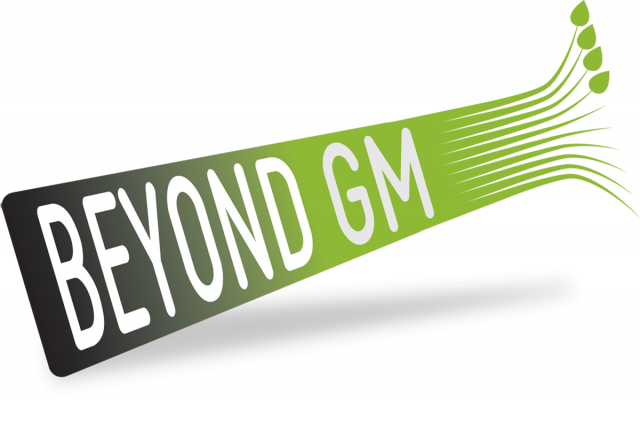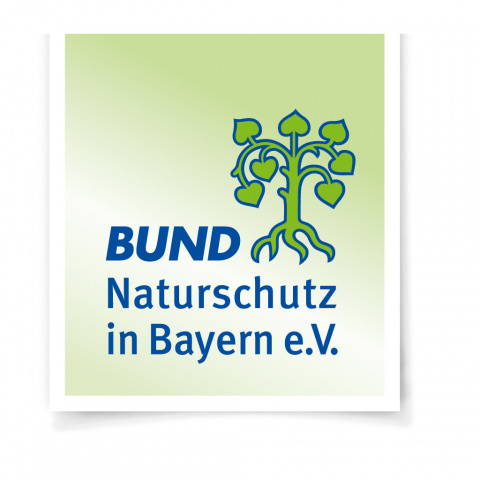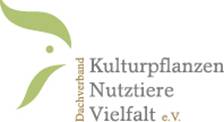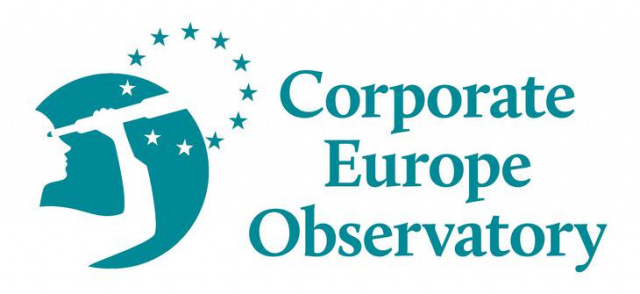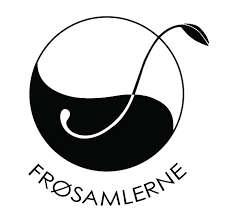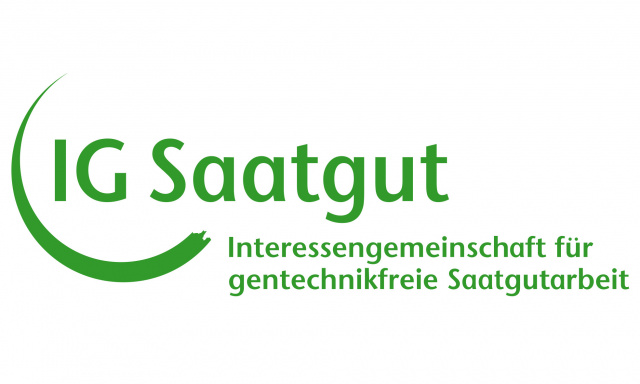Munich/ Brussels 3.4.2012 - Today, the international coalition of “No Patents on Seeds” is publishing a report on patents connected to the conventional breeding of plants and animals granted by, or applied for at the European Patent Office (EPO) in 2011. The report gives examples of patents on sunflowers, melons, cucumbers, rice and wheat. Patents were granted despite a decision of the highest court of the EPO (Enlarged Board of Appeal) in 2010, reaffirming the prohibition of patents on conventional breeding as written in European patent laws. As the new report shows, industry and examiners at the EPO are systematically using legal loopholes to grant patents on seeds, plants and even harvest and food products derived thereof.
“These patents are blocking access to biological diversity, hampering innovation, reducing choice for farmers and introducing new dependencies for food producers and consumers. It is now time for institutions like the European Parliament and European Commission to gain legal leadership to stop the selling out the resources needed for daily living. They have to put the emergency brakes on now”, says Christoph Then, one of the coordinators of “No Patents on Seeds”.
The report shows that political action is urgently needed to stop the EPO from manoeuvring themselves permanently into a grey area to benefit the interests of international agrochemical companies. There are already around 1000 patent applications pending that are connected to the conventional breeding of plants. Around 100 new applications were filed in 2011, more than a dozen patents were granted in this field. Another dozen patents were granted in connection with farm animal breeding claiming breeding material, sex selection, marker assisted selection, cloning or genetic engineering. All in all, by the end of 2011, nearly 2000 patents on plants and around 1200 patents on animals were granted by the EPO, with and without incorporating genetic engineering.
In recent months, farmers, breeders and food producers have raised their concerns about current developments. The German and the Dutch parliaments adopted resolutions against patenting and increasing monopolisation of plant and animal breeding. Many observers now expect a clear signal from the European Parliament and EU Commission since they adopted a patent directive in 1998 excluding the “essentially biological” breeding of plants and animals.
The No Patents on Seeds initiative is urging for clarification in European Patent law to exclude patents on plants and animals, breeding material, processes for breeding, selecting of plants and animals for breeding purposes, food and other products derived from plants and animals.
The Report can be downloaded in English or German language below.

